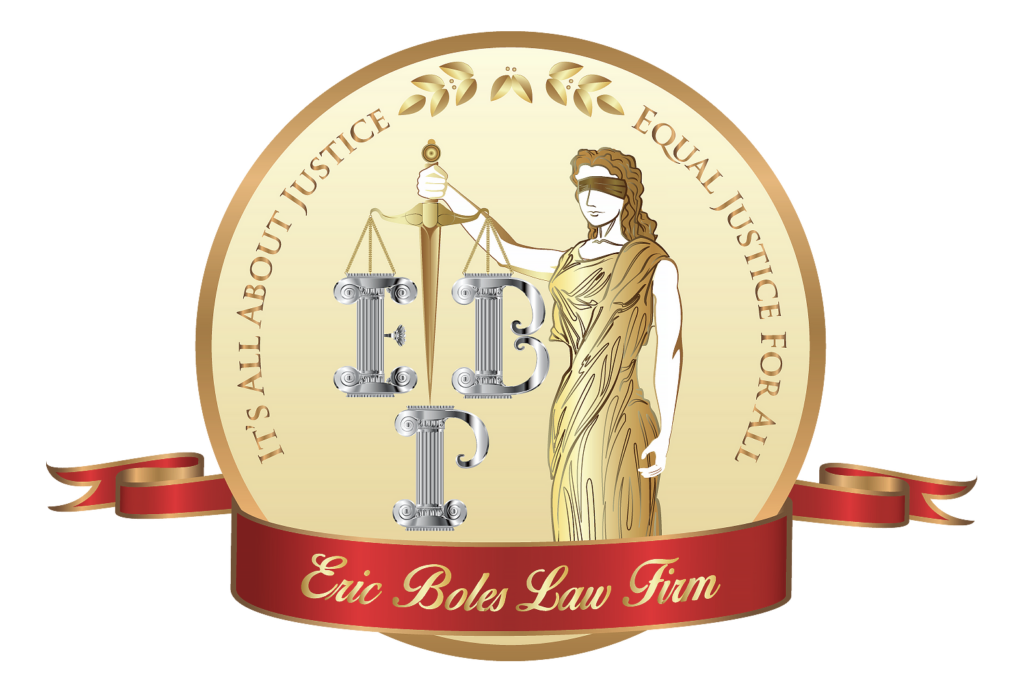– Power of Attorney –
Power of Attorney
The Eric Boles Law Firm in Tampa, Florida will walk you through your options for creating a proper power of attorney
 An important part of lifetime planning is the power of attorney. A power of attorney lawyer will help you to designate someone (could be more than one person) you trust to handle your affairs in the event you are incapacitated. The powers that you grant in a durable power of attorney are intended to permit the attorney-in-fact (or agent; does not need to be a lawyer) to step into your shoes and make medical, financial, and other decisions on your behalf.
An important part of lifetime planning is the power of attorney. A power of attorney lawyer will help you to designate someone (could be more than one person) you trust to handle your affairs in the event you are incapacitated. The powers that you grant in a durable power of attorney are intended to permit the attorney-in-fact (or agent; does not need to be a lawyer) to step into your shoes and make medical, financial, and other decisions on your behalf.
Powers of attorney may be general, limited (such as closing the sale of your home), or special. The power may give temporary or permanent authority to act on your behalf and may take effect immediately, or only upon the occurrence of a future event (usually a determination that you are unable to act for yourself due to mental or physical disability).
About The Power Of Attorney
What is a Power of Attorney?
A Power of Attorney is a legal document delegating authority from one person to another. In the document, the maker of the Power of Attorney (the “principal”) grants the right to act on the maker’s behalf as their agent. What authority is granted depends on the specific language of the Power of Attorney. A person giving a Power of Attorney may make it very broad or may limit it to certain specific acts.
What are some uses of a Power of Attorney?
A Power of Attorney may be used to give another the right to sell a car, home or other property. A Power of Attorney might be used to allow another to access bank accounts, sign a contract, make health care decisions, handle financial transactions or sign legal documents for the principal. A Power of Attorney may give others the right to do almost any legal act that the maker of the Power of Attorney could do, including the ability to create trusts and make gifts.
Where may a person obtain a Power of Attorney?
A Power of Attorney is an important and powerful legal document, as it is authority for someone to act in someone else’s legal capacity. It should be drawn by a lawyer to meet the person’s specific circumstances. Pre-printed forms may fail to provide the protection desired.
Does a Power of Attorney need witnesses or a notary?
A Power of Attorney must be signed by the principal and by two witnesses to the principal’s signature, and a notary must acknowledge the principal’s signature for the Power of Attorney to be properly executed and valid under Florida law. There are exceptions for military Powers of Attorney and for Powers of Attorney created under the laws of another state.
What is a “Limited Power of Attorney”?
A “Limited Power of Attorney” gives the agent authority to conduct a specific act. For example, a person might use a Limited Power of Attorney to sell a home in another state by delegating authority to another person to handle the transaction locally through a “Limited Power of Attorney.” Such a power could be “limited” to selling the home or to other specified acts.
What is a “General Power of Attorney”?
A “General Power of Attorney” typically gives the agent very broad powers to perform any legal act on behalf of the principal. A specific list of the types of activities the agent is authorized to perform must be included in the document.
What is a “Durable Power of Attorney”?
A Power of Attorney terminates if the principal becomes incapacitated, unless it is a special kind of Power of Attorney known as a “Durable Power of Attorney.” A Durable Power of Attorney remains effective even if a person becomes incapacitated. However, there are certain exceptions specified in Florida law when a Durable Power of Attorney may not be used for an incapacitated principal. A Durable Power of Attorney must contain special wording that provides the power survives the incapacity of the principal. Most Powers of Attorney granted today are durable.
Using the Power of Attorney
When is a Power of Attorney effective?
The Power of Attorney is effective as soon as the principal signs it. However, a Durable Power of Attorney executed prior to Oct. 1, 2011, that is contingent on the incapacity of the principal (sometimes called a “springing” power) remains valid but is not effective until the principal’s incapacity has been certified by a physician. Springing Powers of Attorney may not be created after Sept. 30, 2011.
Contact an experienced Florida Power of Attorney Lawyer
If you do not have a power of attorney and is unable to manage your personal or business affairs, it may become necessary for a court to appoint one or more people to act for you. If a court proceeding (court intervention) is needed, you may not have the ability to choose the person who will act on your behalf.
The Eric Boles Law Firm in Tampa, Florida can counsel you on what is required of the attorney-in-fact and will walk you through your options for creating a proper power of attorney. For a consultation with a Powers of Attorney Lawyer contact the Eric Boles Law Firm by completing the contact form (click here) or call (813) 933-7700. Let us help you to set up a power of attorney document!
